PURPOSE
The purpose of implementing the BTU Career Model is to:
✔ Individuals with Career Planning Awareness: Train individuals who can analyze their own interests and abilities, set career goals, and plan accordingly.
✔ Professionals with Practical Experience: Develop individuals who enhance their professional competencies by gaining real-world experience through IMEP and internship programs during their university education.
✔ Strong Communication and Networking Skills: Cultivate individuals who can communicate effectively with the business world and expand their industry networks through sectoral mentorship and career events.
✔ Graduates Who Apply Theory in Practice: Train individuals who can successfully apply academic knowledge in professional life and possess strong academic and vocational competencies.
✔ Competitive Workforce Members: Educate graduates who are competitive, have high employability rates, and can succeed in both local and global job markets.
✔ Lifelong Learners: Support individuals who continuously improve themselves with skills such as preparing CVs, mastering interview techniques, and effectively using digital platforms.
✔ Graduates Who Maintain Strong Ties with the University: Foster graduates who stay connected with the university through alumni tracking systems and actively use these ties in their career processes.
✔ Socially Responsible Professionals: Raise individuals who contribute to society by sharing their knowledge and experiences through mentorship programs.
✔ Graduates Committed to Professional Ethics: Shape individuals who internalize professional ethical principles during practical training processes and use these values as a guide throughout their careers.
✔ Graduates with Leadership Potential: Develop innovative, solution-oriented individuals who enhance their leadership skills through sectoral experience and education.
IMPLEMENTATION AND EVALUATION OF THE MENTORSHIP PROGRAM
EVALUATION
Students and mentors evaluate their mentorship meetings at the end of each academic year through surveys sent by the Career Center. The model is improved based on feedback received from both students and mentors.
